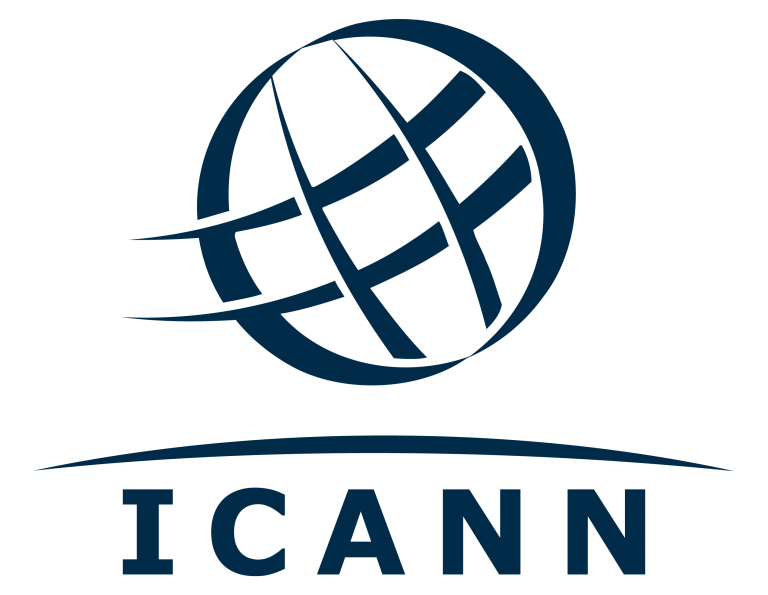Basics of CMS Joomla: purpose and application
Joomla Content Management System (CMS) is one of the most popular platforms for creating and administering websites. Developed in 2005, Joomla quickly gained popularity due to its flexibility and wide functionality. This CMS is suitable for both novice users and experienced developers, allowing you to create sites of varying complexity – from personal blogs to large corporate portals. All of this is accomplished through notorious flexibility. The platform is conditionally free – everyone can download and use it, only the advanced functionality is paid. This is convenient, as each user pays only for the features they need. That’s why Joomla is worth considering if you’re looking for a functional, flexible CMS for your needs.
Features of Joomla engine
Joomla is based on PHP and uses MySQL databases to store information. Open source code allows users to modify and customize the system to suit their needs. One of the key features of Joomla is the modular structure, which provides ample opportunity to expand and modify the functionality of the site. Modules, components and plugins in Joomla provide flexibility and scalability, allowing you to add new features to your site without requiring major changes to the underlying code and domain.
CMS functionality
So, what Joomla offers to users:
- Content Management. Joomla engine allows you to easily create and edit articles, categories, menus and modules. The built-in WYSIWYG editor simplifies the process of formatting text and inserting multimedia elements. The interface will allow absolutely any user, even a beginner, to work with the platform.
- User Controls. The system supports a special multi-level access system, which allows you to create different user groups with different rights and roles. Extremely convenient, especially in large companies.
- Multilingualism. Joomla initially supports multiple languages, making it a great choice for creating multilingual sites.
Joomla also provides special tools for optimizing sites for search engines, including the ability to customize meta tags, user-friendly URLs and sitemap support. In addition, let us remind you about the extensibility of the system: there are many free and paid extensions that can be used to add new features such as forums, galleries, online stores and much more.
Advantages and disadvantages of CMS Joomla
Like any other content management system, Joomla has its strengths and weaknesses. First, let’s talk about the benefits:
- Flexibility and scalability. Joomla is easily adaptable to different types of sites and allows you to add new features using modules and plugins, takes up little space when placing the portal on the server.
- Powerful built-in features. The system offers a rich set of tools for content, SEO and user rights management.
- A large community. There are many Joomla users and they actively share their knowledge, observations. This provides ongoing support and updates.
As for the disadvantages, it should be understood that this is a unified platform, and therefore the user will need time to understand everything and adapt it to their tasks. Because of its wide functionality, it may take time for beginners to master it. Also, regular updates can cause bugs, especially when it comes to large multi-page sites. In addition, there is a need for constant security monitoring, as it is again a unified platform and its reliability can lose to custom CMS.
Features of working with templates and design in Joomla
It is the templates in Joomla that play a key role in determining the look and functionality of a website. There are many ready-made templates, both free and paid, which can be customized to meet the needs of a particular project. Working with them is quite easy if you understand the basic principles:
- Installation and activation. Templates can be easily installed through the Joomla admin panel, after which they can be activated and customized.
- Customization and Customization. Most templates provide tools to customize the design, such as changing color schemes, fonts, and page layouts.
- Creating your own templates. For more advanced users, Joomla offers the ability to create and use your own templates, which allows you to fully control the design and functionality of the site, its software.
Joomla is constantly evolving to provide users with maximum flexibility and provide the ability to create the most appropriate product to meet the needs of the user.
Features of search engine promotion sites on Joomla
Since today without search engine optimization (SEO) it is impossible for any website to work effectively, Joomla tries to provide all the tools and features to improve the visibility of the product in search engines.
- Convenient URLs. Joomla allows you to create clear and structured URLs that improve the perception of the site by search engines.
- Metatags and descriptions. The ability to customize meta tags and descriptions for each page helps improve content indexing and relevancy.
- Site Map. Creating and updating a sitemap provides better navigation for search bots.
Joomla also supports integration with various SEO plugins and tools such as Google Analytics and Google Search Console.
Conclusions
CMS Joomla is a really powerful and very flexible tool for creating and managing websites. Its rich functionality, modular structure and expandability make it an ideal choice for projects of varying complexity. With the right approach to customization and optimization Joomla allows you to create high-quality and effectivewebsites that meet modern requirements and standards.







